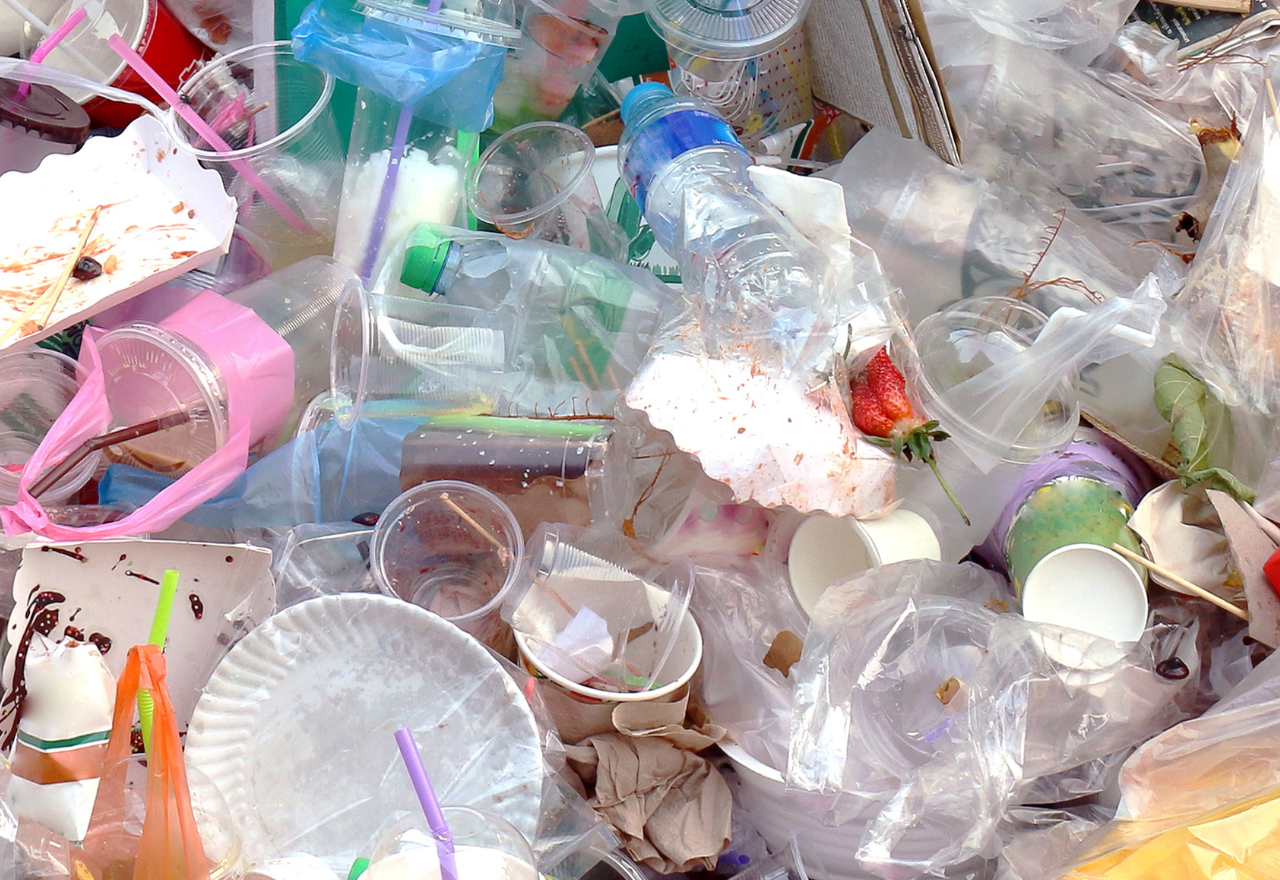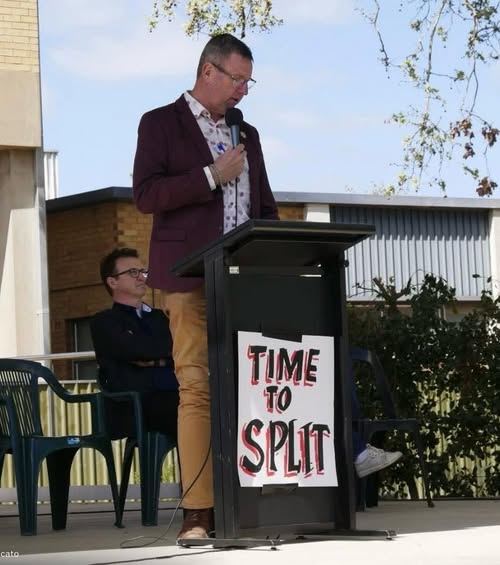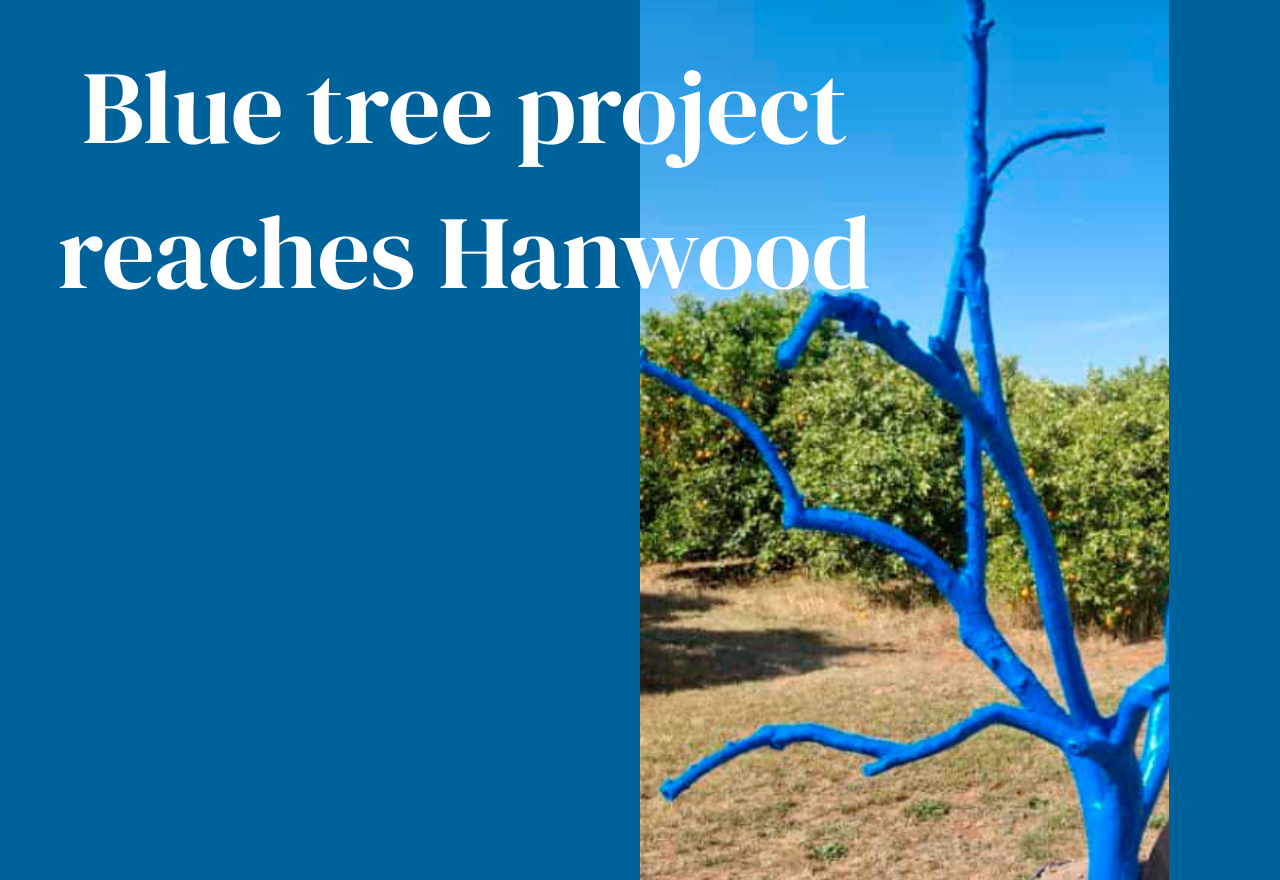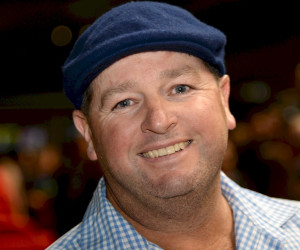NSW blitzes plastic litter goal, but battle far from over
Kimberly Grabham
01 November 2025, 1:00 AM

New South Wales has delivered a decisive blow against plastic pollution, recording a 45 per cent reduction in plastic litter, well beyond the state's 30 per cent target and equivalent to removing 2,000 buses worth of plastic waste from the environment.
The milestone achievement, announced this week by Environment Minister Penny Sharpe, marks a significant victory in the fight against plastic pollution that threatens the state's waterways, wildlife, and marine ecosystems.
However, authorities warn that despite the progress, plastic items still dominate litter found in NSW waterways, with confectionary wrappers, snack bags, and food packaging continuing to plague the state's rivers, beaches, and oceans.
The star performer in NSW's litter reduction arsenal has been the Return and Earn container deposit scheme, which has driven a remarkable 73 per cent drop in littered bottles and cans since its launch.
The 10-cent refund programme has proven wildly popular with residents and will expand by mid-2027 to capture additional containers, including wine bottles, in a move expected to further reduce landfill waste.
The scheme's success demonstrates how financial incentives can reshape consumer behaviour and create tangible environmental benefits, a lesson that could inform future policy interventions.
Environment officials emphasise that even the smallest piece of litter carries serious environmental consequences. When plastic fragments enter soil and waterways, they break down into microplastics that infiltrate ecosystems and accumulate in the food chain, affecting everything from microscopic organisms to apex predators, including humans.
Wildlife pays a particularly heavy price. Birds, fish, and other animals routinely mistake plastic debris for food, leading to internal injuries, digestive blockages, and death. Small pieces of plastic that seem harmless on a footpath can become lethal when consumed by marine life or waterbirds.
"Small pieces of litter may not seem important, but they add up and become big pollution problems," authorities warned in the announcement.
Despite the overall reduction, the NSW Environment Protection Authority's Key Littered Items Study reveals plastic remains the dominant form of litter in waterways.
Leading the list of offenders are confectionary wrappers and snack bags, particularly plastic lollipop sticks, followed by miscellaneous plastic bags, beverage container lids, and other food packaging materials.
These findings highlight the challenge of addressing convenience packaging that's designed for single use but persists in the environment for decades or centuries.
Buoyed by exceeding the initial target, NSW has set its sights on an even more ambitious goal: a 60 per cent reduction in all litter by 2030.
To achieve this, the government is reviewing additional measures under its NSW Plastics: The Way Forward policy framework. Potential actions include targeted campaigns against the most commonly littered items and regulatory changes to eliminate harmful chemicals from plastic products during manufacturing.
The state is also pressing the Federal Government to introduce stronger national packaging regulations and more stringent packaging reduction targets that would apply across Australia.
Minister Sharpe painted a sobering picture of the stakes involved in the plastic pollution fight.
"By 2050, there may be more plastic in the ocean than fish," she said. "That's why we are pulling every lever at our disposal to address this problem, from bans and phase-outs of single-use plastic items, to expanding Return and Earn and introducing landmark product stewardship laws which enable better design and recycling of plastic products.
"This news shows that these types of actions make a difference. Every time a person chooses not to throw a piece of rubbish on the ground, it stops that plastic going into our environment."
The government's strategy combines regulatory measures, including bans on problematic single-use plastics, with incentive-based programmes like Return and Earn and community partnerships through litter prevention grants.
Member for Summer Hill Jo Haylen highlighted the importance of grassroots partnerships in achieving the result.
"Exceeding our litter reduction targets is a win for our wildlife, our waterways, and every community that's done the hard yards by backing successful programs like Return and Earn," Ms Haylen said.
"But with plastic still making up the majority of litter in our waterways, we know there's more to do. The NSW Government is continuing to partner with fantastic reuse organisations, like Reverse Garbage right here in Marrickville, targeting highly littered items."
The 45 per cent reduction proves that coordinated government action, supported by community engagement, can deliver real environmental outcomes. However, the persistence of plastic in waterways demonstrates that changing deeply ingrained consumer habits and addressing systemic packaging issues remains a formidable challenge.
As NSW charts its course towards the 2030 target, the state's experience offers valuable lessons for other jurisdictions grappling with plastic pollution. The combination of bans, financial incentives, public education, and industry partnerships appears to be delivering results, but the ultimate success will depend on sustained commitment and potentially more aggressive interventions to tackle the plastic items that continue to escape into the environment.
The EPA's litter data and reduction targets are available on the agency's website for residents wanting to track progress or learn more about the state's anti-litter initiatives.
NEWS
SPORT
FOR SALE
COMMERCIAL PROPERTY










